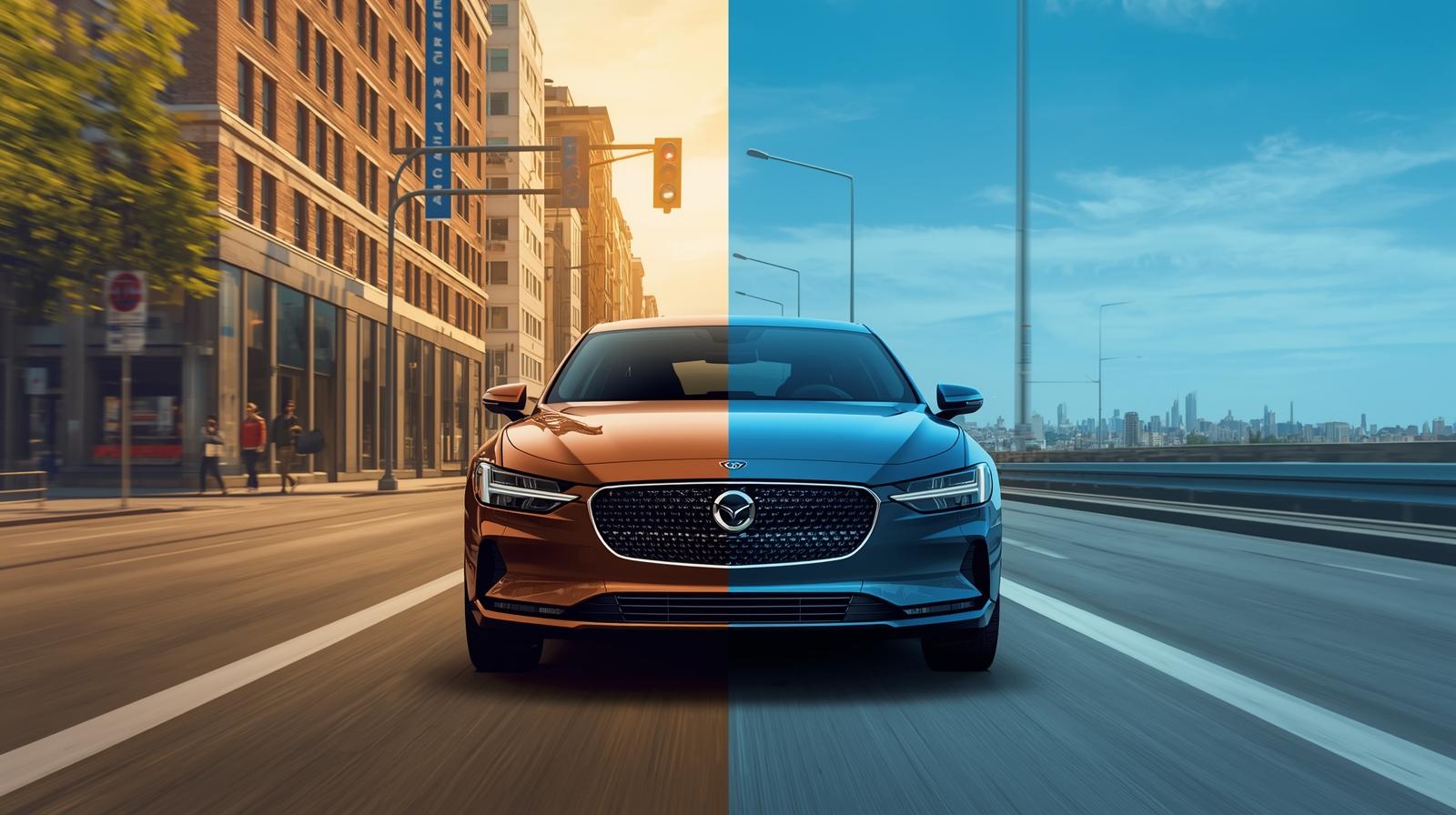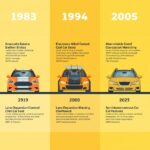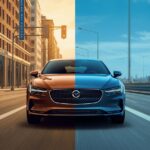In today’s world, fuel efficiency is more important than ever. With rising gas prices and environmental concerns, choosing a fuel-smart car is a smart decision for any driver. But selecting the right car isn’t just about fuel economy—it’s about performance, comfort, and suitability for both city and highway driving. This article will guide you through everything you need to know about picking the perfect fuel-smart car for your needs.
Why Choosing a Fuel-Smart Car Matters?
Choosing a fuel-smart car isn’t just about saving money at the pump. It has several long-term benefits:
- Cost Savings: Lower fuel consumption means less money spent on gas.
- Environmental Impact: Efficient cars produce fewer emissions, helping the environment.
- Performance Efficiency: Many fuel-smart cars combine efficiency with smooth handling.
- Resale Value: Cars with good fuel economy often retain value better.
By understanding your driving habits and priorities, you can make a choice that balances savings, comfort, and performance.
Key Features to Look for in a Fuel-Smart Car
When selecting a fuel-smart car, there are several important features to consider:
1. Engine Type and Size
Smaller engines typically use less fuel, especially in city driving. Consider:
- Turbocharged engines: Offer power when needed without sacrificing fuel economy.
- Hybrid engines: Combine gas and electric power for maximum efficiency.
2. Transmission System
Automatic transmissions are convenient, but manual or CVT transmissions often improve fuel efficiency.
3. Vehicle Weight and Aerodynamics
Lighter cars with streamlined designs consume less fuel. SUVs and trucks tend to use more gas, so weight is a factor if fuel economy is a priority.
4. Fuel Economy Ratings
Check the EPA mileage ratings. Cars with higher MPG (miles per gallon) for city and highway driving are the best fuel-smart options.
Best Fuel-Smart Car Options for City Driving
City driving involves stop-and-go traffic, frequent turns, and shorter trips. The best fuel-smart cars for the city:
- Compact Cars: Easy to park and maneuver, often with excellent fuel efficiency.
- Hybrids: Electric assistance reduces fuel use in traffic.
- Small SUVs: Some models offer city-friendly MPG while maintaining comfort.
Tip: Cars with start-stop technology save fuel at traffic lights by turning off the engine when idle.
Best Fuel-Smart Car Options for Highway Driving
Highway driving focuses on consistent speed and long distances. For this, your fuel-smart car should prioritize:
- Aerodynamic Design: Reduces drag and improves MPG at high speeds.
- Efficient Engine Performance: Turbocharged or hybrid engines work well.
- Cruise Control & Smart Driving Features: Maintain constant speed for better fuel economy.
Tip: Mid-size sedans and crossover SUVs often strike the perfect balance between comfort, space, and highway fuel efficiency.
Comparing Fuel-Smart Cars for City vs. Highway Driving
| Feature | City Driving | Highway Driving |
|---|---|---|
| Engine Type | Small or hybrid | Turbocharged or hybrid |
| MPG Priority | High city MPG | High highway MPG |
| Size & Weight | Compact for easy maneuvering | Mid-size for comfort and stability |
| Technology | Start-stop, electric assistance | Cruise control, aerodynamic design |
Understanding the differences helps you pick a fuel-smart car that works well in both environments.
Tips for Maximizing Fuel Efficiency in Any Car
Even a fuel-smart car can waste gas without good driving habits. Follow these tips:
- Drive Smoothly: Avoid harsh acceleration and sudden braking.
- Maintain Your Car: Regular oil changes, air filter checks, and tire pressure optimization improve efficiency.
- Reduce Excess Weight: Don’t carry unnecessary items in your car.
- Plan Trips Wisely: Combining errands into one trip reduces fuel consumption.
- Use AC Wisely: Air conditioning can slightly lower MPG, so use it efficiently.
Technology That Helps Fuel-Smart Cars Perform Better
Modern fuel-smart cars often come with technologies that improve efficiency:
- Hybrid & Electric Systems: Reduce reliance on gas.
- Eco Mode Driving: Optimizes engine performance for fuel savings.
- Regenerative Braking: Captures energy to recharge the battery in hybrids and EVs.
- Smart GPS Navigation: Avoids traffic and unnecessary idling.
Common Mistakes When Choosing a Fuel-Smart Car
Many drivers focus solely on MPG, but other factors matter:
- Ignoring comfort for the sake of fuel economy.
- Overlooking long-term maintenance costs.
- Choosing a car that doesn’t fit your driving environment (city vs. highway).
- Neglecting safety features for efficiency alone.
Tip: Balance fuel efficiency with comfort, safety, and performance to get the best overall value
Conclusion
Selecting a fuel-smart car that excels in city and highway driving requires careful consideration of engine type, vehicle size, fuel economy ratings, and driving habits. By balancing comfort, safety, and efficiency, you can save money, reduce your environmental footprint, and enjoy a smarter driving experience.
Investing in the right fuel-smart car is not just about fuel—it’s about making every drive safer, smoother, and more economical. Whether commuting in busy urban streets or cruising down highways, the right vehicle can transform your driving experience.
FAQs About Fuel-Smart Cars
What is a fuel-smart car?
A fuel-smart car is a vehicle designed to consume less fuel while maintaining performance, often through small engines, hybrid systems, or efficient technology.
Are hybrid cars better for city or highway driving?
Hybrids excel in city driving due to regenerative braking and electric assistance but also perform efficiently on highways depending on the model.
How can I check if a car is fuel-smart?
Look at the EPA MPG ratings for city and highway driving, check for hybrid or electric options, and read reviews on efficiency.
Does driving style affect fuel efficiency?
Yes! Smooth acceleration, steady speeds, and proper maintenance can significantly improve MPG, even in non-hybrid cars.
Are fuel-smart cars more expensive?
Some may cost more upfront, especially hybrids or EVs, but fuel savings and lower maintenance costs often offset the initial investment over time.





